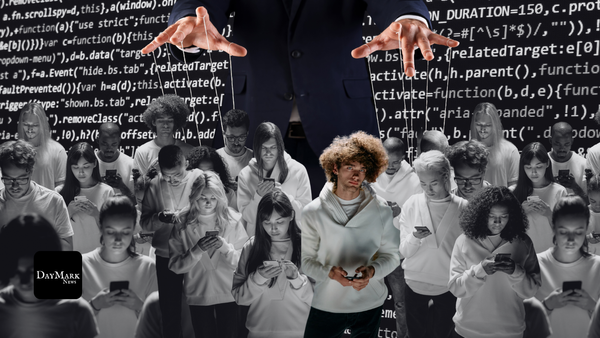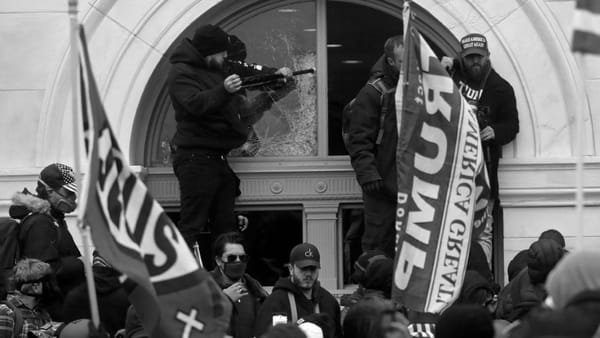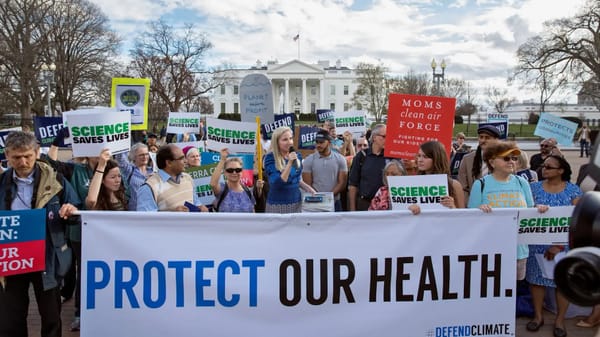Uncounted Lives, Unchecked Power: How Police Immunity Threatens Accountability in America
The underreporting of police killings reflects systemic inequities and a culture of impunity. Trump’s plan to grant police immunity risks not only preserving this flawed status quo but also deepening the problem.

By Anthony Stevens | DayMark News
In May 2019, Pamela Turner, a 44-year-old pregnant Black woman, was fatally shot by a police officer in Baytown, Texas. Her killing, captured on video, sparked brief public outrage before quietly fading into the background of countless similar stories. And that’s the problem—her death wasn’t an isolated tragedy but part of a troubling pattern: police-related fatalities are not just underreported in the media—they are systematically misclassified or erased from official records. Research shows that between 1980 and 2019, more than half of such deaths in the United States went unreported or misrepresented in government databases. Half. Let that sink in.
This obscured reality disproportionately affects Black Americans, who are 3.5 times more likely to die from police violence than white Americans. As communities fight for accountability and transparency, President-elect Donald Trump’s proposal to grant police officers full immunity from prosecution feels like a gut punch—threatening to entrench a culture of impunity that could make an already grim situation even worse.
The Scope of Underreporting
A landmark study published in The Lancet shines a harsh light on systemic failures in recording police violence. Many fatalities are excluded from public databases because of inconsistent reporting standards, vague classifications, and, let’s be honest, intentional cover-ups. Coroners and law enforcement agencies often label deaths involving police as “homicides” or “accidental” without acknowledging the officers' role. Convenient, right?
The consequences are far-reaching. Missing or skewed data make it nearly impossible to hold police departments accountable, implement meaningful reforms, or provide justice for victims’ families. The American Civil Liberties Union (ACLU) points out that these omissions hit communities of color the hardest, perpetuating racial inequities and eroding public trust in law enforcement. And honestly, who can blame communities for being skeptical?
How Other Countries Get It Right
While the U.S. struggles to keep its records straight, several other nations have figured out how to handle police accountability—spoiler alert: it’s not rocket science.
- Norway: Police shootings are a rarity here, thanks to stringent de-escalation training and a requirement that officers get approval before using firearms. Imagine that—asking first! Oh, and all police-related fatalities are investigated by an independent civilian body.
- Germany: Officers undergo rigorous training focused on conflict resolution over brute force. Independent commissions oversee misconduct investigations, ensuring transparency.
- New Zealand: An Independent Police Conduct Authority investigates complaints against law enforcement, keeping public confidence intact. Simple, but effective.
These countries prove that with comprehensive training, independent oversight, and strict accountability measures, you can dramatically reduce incidents of police violence. It’s not magic; it’s just good policy.
Trump’s Pledge for Police Immunity
Amid these revelations, Trump’s rallying cry to “give police their power back” by granting them immunity from prosecution has sparked a firestorm of criticism. “We’re going to give our police their power back, and we are going to give them immunity from prosecution,” he told a Wisconsin crowd. That’s a nice soundbite, but critics—including legal experts and civil rights organizations—warn that such a policy would bulldoze one of the few remaining checks on police misconduct.
Civil rights attorney Maya Wiley doesn’t mince words: “If there’s no criminal accountability of police for criminal behavior, then we’re living in a country that’s becoming a police state.” Immunity would also likely worsen the underreporting issue, giving officers even less incentive to document incidents accurately. It’s hard not to see how this could end badly.
Community-Led Reforms: A Glimmer of Hope
Thankfully, not everyone is waiting around for top-down solutions. Across the U.S., grassroots movements are stepping in to fill the void:
- Campaign Zero: This initiative calls for policies like ending broken-windows policing, limiting the use of force, and requiring comprehensive data reporting on police violence. Common sense, really.
- The Movement for Black Lives (M4BL): Advocates for community-controlled safety measures and reallocating funds from militarized policing to education and healthcare. Sounds reasonable.
- Local Civilian Oversight Boards: Cities like Oakland and Newark have empowered civilian boards to investigate misconduct and recommend disciplinary actions. Imagine what could happen if more cities followed suit.
These efforts underscore the power of community advocacy in pushing for meaningful change. It’s not a cure-all, but it’s a start.
For Educators and Advocates
Want to dig deeper or teach others about these issues? Here are some resources to get you started:
- Interactive Data: Mapping Police Violence offers a comprehensive database on police-related fatalities in the U.S.
- Teaching Toolkit: ACLU’s Policing Curriculum provides lesson plans and resources for teaching about systemic injustice.
- Comparative Studies: Amnesty International explores international approaches to police reform and accountability.
Conclusion
The underreporting of police killings isn’t just a glitch in the system—it’s a feature of a deeper problem rooted in systemic inequities and a culture of impunity. Trump’s proposal to grant police officers immunity from prosecution doesn’t just threaten to maintain this status quo—it risks making it worse.
Still, there’s hope. By shining a light on these injustices and rallying behind grassroots reforms, we can push for a justice system that values transparency, equity, and human life. The road ahead won’t be easy, but we’ve seen what’s possible when communities refuse to back down. Maybe it’s time we all take a page out of their playbook.
At DayMark News, we are committed to exposing the rise of authoritarianism and its threat to democracy. In a time when disinformation spreads like wildfire and democratic institutions face relentless attacks, we need your support to keep the fight alive.
Investigative journalism is our weapon against authoritarian ideologies. We delve deep to uncover the truths others would rather keep hidden, while providing actionable resources to empower individuals like you to defend our democracy.
We believe in transparency, integrity, and the power of a well-informed public. But maintaining a platform dedicated to fearless reporting and mobilization requires resources. We refuse to bow to corporate interests or compromise our mission. That's why we turn to you — our community.
Every donation, big or small, helps us continue our work. With your support, we can produce the in-depth analyses, breaking news, and educational tools needed to resist the rise of extremist movements and protect democratic values for future generations.
This fight belongs to all of us. Together, we can ensure that democracy not only survives but thrives. Please consider making a contribution today to keep DayMark News strong and independent.
Donate Now: Because Democracy Can't Defend Itself.

 Donate
Donate



